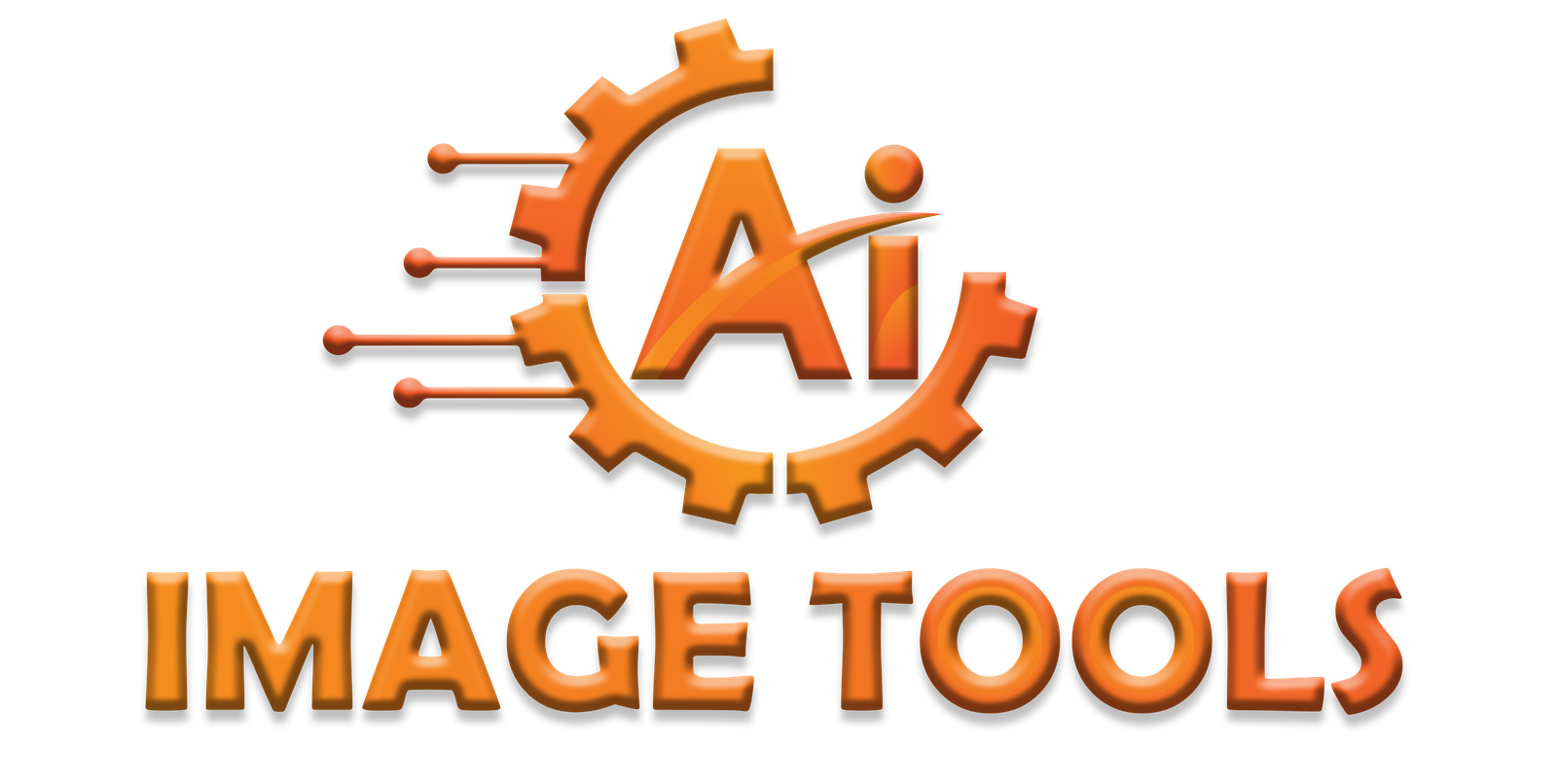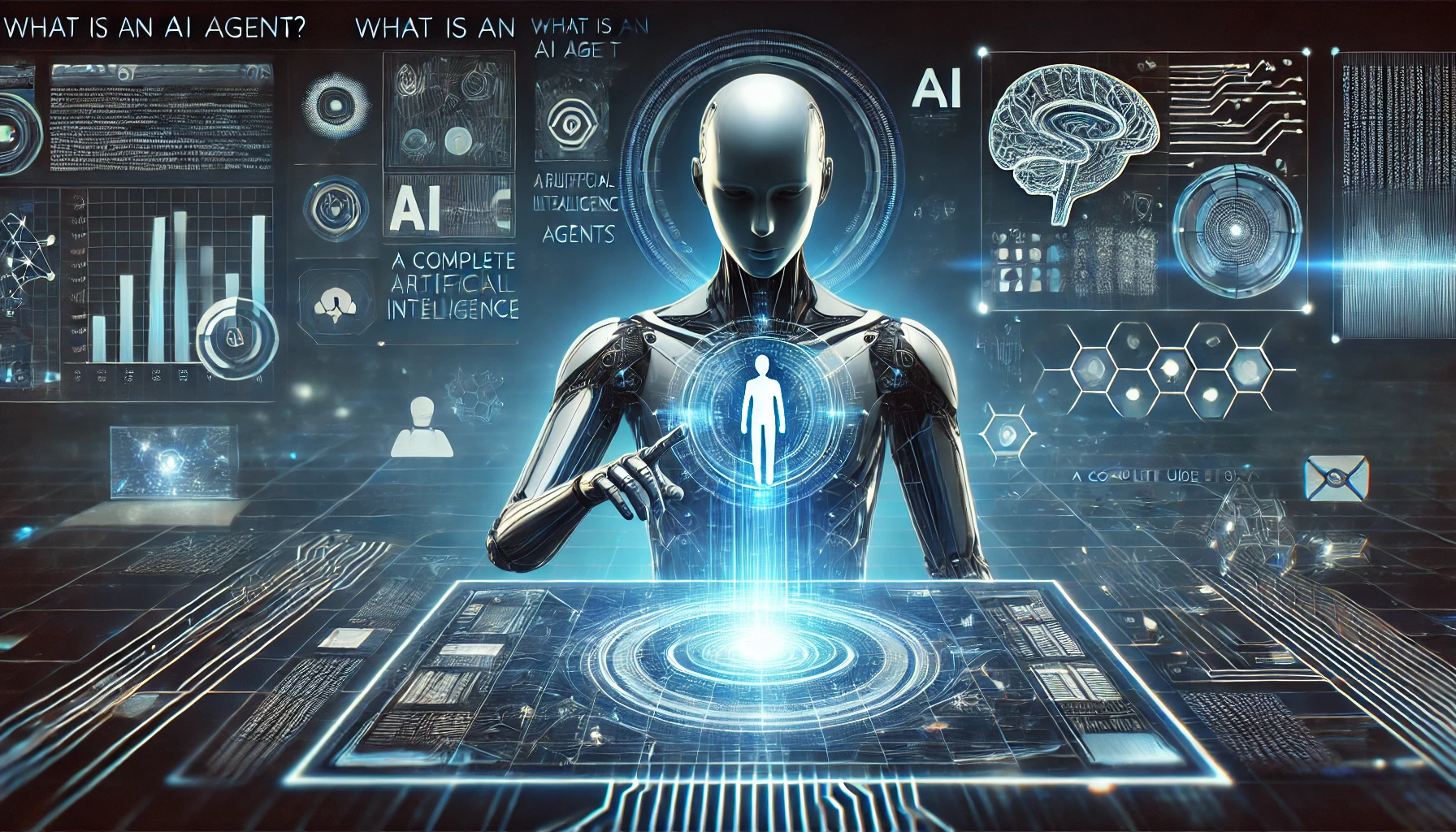Introduction
In the rapidly evolving world of Artificial Intelligence (AI), AI agents are at the forefront of automation and decision-making. From virtual assistants like Siri and Alexa to self-driving cars, AI agents are transforming industries by performing complex tasks with minimal human intervention. But what exactly is an AI agent, and how does it work?
In this comprehensive guide, we will explore the definition, types, applications, and benefits of AI agents, along with insights into their future potential.
What is an AI Agent?
An AI agent is an intelligent system that perceives its environment, processes information, makes decisions, and takes action to achieve a specific goal. AI agents can be simple rule-based systems or sophisticated, self-learning models that continuously improve their performance.
AI agents operate based on a perception-action cycle, where they collect data, analyze it, and respond accordingly. They are widely used in areas like automation, customer service, healthcare, and finance.
Types of AI Agents
AI agents are categorized based on their capabilities and decision-making processes. Below are the most common types:
1. Simple Reflex Agents
- These agents respond directly to environmental stimuli without considering past experiences.
- Example: A thermostat that turns the heater on or off based on room temperature.
2. Model-Based Agents
- These agents maintain an internal model of their environment, allowing them to make more informed decisions.
- Example: Self-driving cars that use sensor data to navigate roads.
3. Goal-Based Agents
- These agents make decisions based on achieving specific objectives rather than reacting to immediate stimuli.
- Example: Chess-playing AI that evaluates multiple moves ahead to win a game.
4. Utility-Based Agents
- These agents prioritize actions that maximize overall benefits or rewards.
- Example: Recommendation algorithms used by Netflix or Amazon to suggest content.
5. Learning Agents
- These AI systems continuously improve by learning from past experiences and refining their strategies.
- Example: AI chatbots like ChatGPT that enhance responses based on user interactions.
How AI Agents Work
The working mechanism of AI agents involves four key components:
- Perception – Gathering data from the environment through sensors or user inputs.
- Processing & Reasoning – Analyzing data using machine learning models and decision algorithms.
- Decision-Making – Selecting the best action based on goals and learned experiences.
- Action – Executing decisions via actuators (for robots) or software commands (for virtual assistants).
Example: A self-driving car uses cameras and sensors (perception), processes real-time data (reasoning), decides to slow down (decision-making), and applies brakes (action).
Applications of AI Agents
AI agents have diverse applications across various industries, improving efficiency and productivity. Here are some notable examples:
1. Virtual Assistants
AI-powered assistants like Siri, Alexa, and Google Assistant help users with tasks like setting reminders, searching the web, and controlling smart home devices.
2. Customer Support Chatbots
Businesses use AI chatbots to provide 24/7 customer support, answer FAQs, and resolve complaints, reducing human workload.
3. Healthcare Diagnosis & Treatment
AI agents assist in diagnosing diseases, recommending treatments, and predicting patient outcomes based on medical data.
4. Autonomous Vehicles
Self-driving cars leverage AI agents to navigate roads, avoid obstacles, and ensure passenger safety.
5. Financial Market Analysis
AI systems analyze stock trends, automate trading decisions, and assess investment risks for financial institutions.
6. E-Commerce & Personalized Recommendations
Platforms like Amazon and Netflix use AI agents to recommend products and content based on user behavior.
Benefits of AI Agents
The integration of AI agents into various sectors provides numerous advantages:
- Efficiency & Automation: Reduces human effort in repetitive tasks.
- Improved Decision-Making: Processes large amounts of data for better insights.
- 24/7 Availability: AI agents operate continuously without fatigue.
- Cost-Effective Solutions: Reduces labor costs while maintaining productivity.
- Personalization: Enhances user experience by tailoring services to individual preferences.
- Scalability: Handles increased workloads without compromising quality.
Challenges & Limitations of AI Agents
Despite their advantages, AI agents face several challenges:
- Data Privacy Concerns: Handling sensitive user information securely.
- Bias in AI Models: Unintentional biases in training data leading to unfair outcomes.
- High Initial Costs: Developing advanced AI systems requires significant investment.
- Job Displacement: Automation replacing human jobs in certain sectors.
- Ethical & Legal Issues: AI decision-making can raise accountability concerns.
Addressing these challenges requires responsible AI development, improved regulations, and ethical AI implementation.
The Future of AI Agents
As AI technology advances, AI agents will become even more sophisticated, leading to groundbreaking innovations in multiple industries. Some potential future developments include:
- Hyper-Personalized AI Assistants that understand users on a deeper level.
- More Autonomous AI Systems capable of handling complex real-world problems.
- AI Integration in Everyday Devices such as smart homes and wearables.
- Advanced Healthcare AI for early disease detection and personalized treatments.
- AI-Augmented Workforces where humans and AI collaborate for improved productivity.
How AI Agents Can Benefit YouTube Automation
AI agents can significantly enhance YouTube automation, making content creation, management, and optimization more efficient. Here’s how AI agents can help:
1. Content Creation & Video Editing
- AI-Powered Script Generation: AI tools like ChatGPT can generate engaging scripts for videos based on trending topics.
- Automated Video Editing: AI-based software like Descript, Pictory, and Runway ML can edit videos, remove filler words, and enhance visuals automatically.
- Text-to-Speech & AI Voiceovers: Tools like Murf AI and ElevenLabs generate realistic voiceovers, eliminating the need for human narration.
2. Thumbnail & Graphic Design
- AI-Generated Thumbnails: Tools like Canva AI and Adobe Sensei help design eye-catching thumbnails using AI recommendations.
- Auto Branding & Customization: AI ensures consistent color schemes, fonts, and layouts for branding.
3. SEO & Optimization
- Keyword & Tag Research: AI tools like VidIQ and TubeBuddy analyze trending keywords and suggest the best tags for ranking higher in search results.
- Automated Descriptions & Titles: AI can generate click-worthy video titles and descriptions optimized for SEO.
- Hashtag Optimization: AI suggests the best-performing hashtags based on video content.
4. Content Scheduling & Uploading
- AI-Powered Scheduling: Tools like Hootsuite and SocialBee schedule and publish YouTube videos at optimal times.
- Bulk Uploading & Automation: AI can automate the upload process, set default tags, and apply templates for consistency.
5. Engagement & Audience Interaction
- Automated Comment Moderation: AI filters spam, inappropriate content, and negative comments automatically.
- AI Chatbots for Engagement: AI-powered bots can reply to comments, engage viewers, and boost interactions.
- Auto-Generated Subtitles & Translations: AI can generate accurate subtitles and translations, expanding reach to a global audience.
6. YouTube Monetization & Analytics
- AI-Based Performance Analysis: AI tracks video performance, viewer retention, and engagement rates to provide data-driven insights.
- Monetization Optimization: AI recommends strategies to increase watch time and maximize ad revenue.
- Content Repurposing: AI can convert long-form content into shorts, reels, or blog posts for multi-platform growth.
Conclusion
AI agents are revolutionizing the way we interact with technology, offering automation, intelligence, and improved decision-making across industries. From virtual assistants to self-driving cars, these intelligent systems are shaping the future of AI-driven solutions.
As AI continues to evolve, the potential applications of AI agents will expand, making them an essential part of our digital landscape. Whether you’re a developer, business owner, or AI enthusiast, understanding AI agents will be crucial in leveraging their benefits and staying ahead in the AI revolution.

